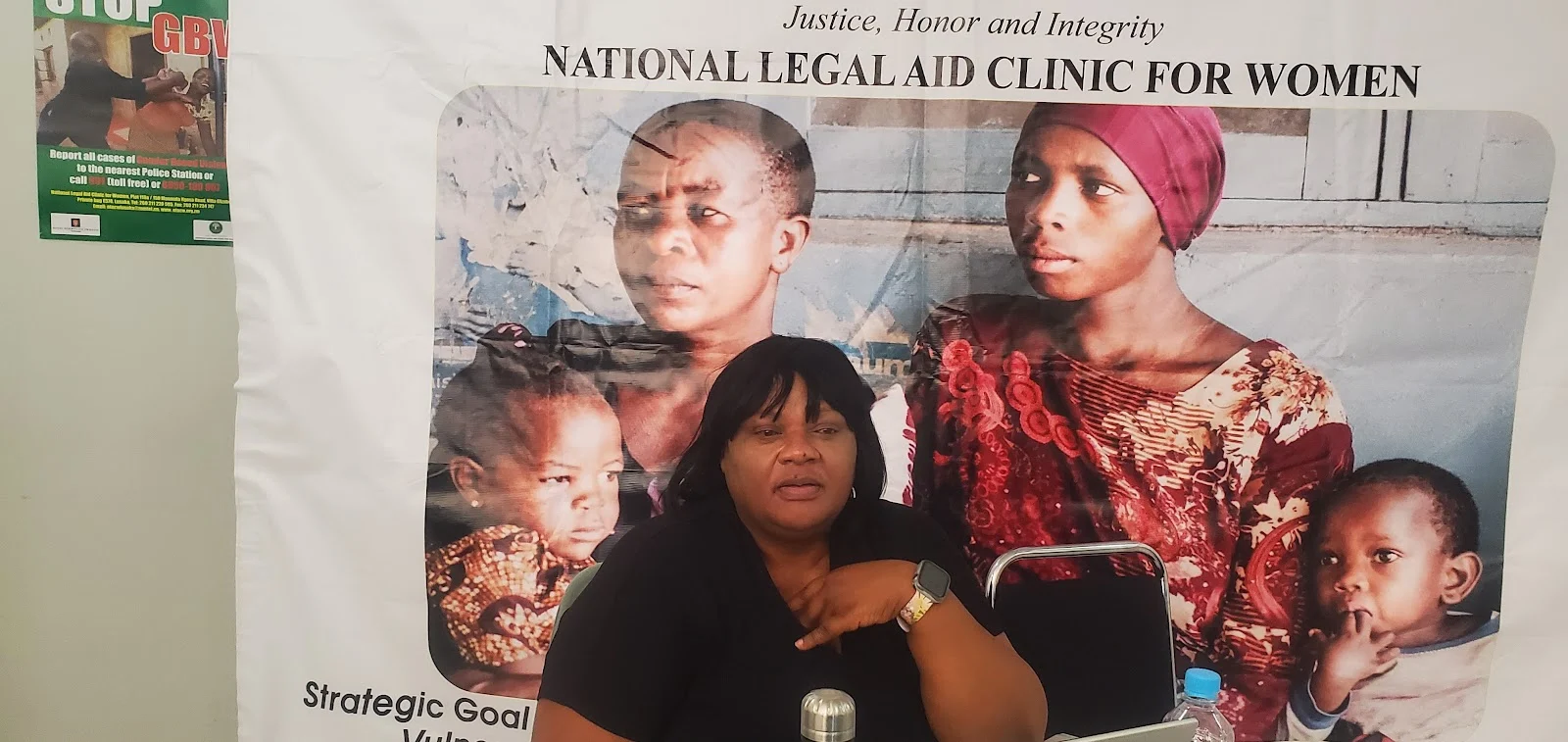Information is Power
NLACW Strengthens Legal Literacy for Women Through Media
By Francis Maingaila
LUSAKA, Zambia24 – (16-06-2025) - The National Legal Aid Clinic for Women (NLACW) is amplifying its efforts to enhance legal awareness among women, particularly those in underserved communities, by collaborating closely with media professionals to promote responsible and informed reporting on issues affecting women’s and children’s rights.
During a engagement with journalists, NLACW executive director Mandy Manda underscored that understanding legal rights is crucial for women to confidently report cases of gender-based violence, property disputes, and inheritance conflicts.
“Access to information is essential for women to assert and protect their rights,” she stated.
Enhancing Media Reporting and Public Education
Manda stressed the need for media practitioners to familiarize themselves with recent legislative changes, especially the Children’s Code Act and the Anti-Gender-Based Violence Act of 2011, which safeguard the privacy of survivors by restricting the disclosure of their identities.
The clinic has reached out to various media outlets—across radio, television, and digital platforms—to build their capacity for sensitive and accurate coverage of these issues.
“The media plays a vital role,” Manda said. “We aim to equip journalists with the knowledge to report ethically while helping to spread critical information about the rights of women and children.”
Navigating the Intersection of Customary and Statutory Law
Zambia’s legal framework includes both customary and statutory laws, which sometimes conflict, particularly regarding inheritance and property rights.
NLACW educates communities that statutory law takes precedence in such conflicts, affirming women’s equal entitlement to property.
“Property grabbing is a form of economic abuse and is punishable by law,” Manda explained.
“Many women are unaware of their legal protections, so raising awareness is key to preventing such violations.”
Engaging Traditional Leaders to Reform Harmful Practices
The clinic is actively partnering with traditional authorities in areas like Chisamba, Shakumbila, and Chibombo to challenge harmful cultural norms and encourage the adoption of local bylaws that discourage practices like spouse inheritance, which often undermine women’s rights.
“Transforming deeply rooted cultural beliefs requires dialogue with community leaders,” Manda remarked.
“While progress has been made, sustained efforts are needed to foster positive change.”
Nationwide Impact Through Paralegal Training and Media Outreach
Though NLACW maintains offices in Lusaka, Southern, and Copperbelt provinces, its impact extends across the country through the training of community paralegals who provide legal guidance at the grassroots level, complemented by strategic use of media to disseminate vital information.
“Our goal is to ensure that every woman and child, regardless of location, has access to justice and support,” Manda emphasized.
Backing from International Partners
NLACW’s work is supported by international partners, notably the Swedish Government through its embassy in Zambia, which helps sustain initiatives aimed at empowering vulnerable populations through legal education and advocacy.
“As we continue to build legal knowledge and safeguard rights, collaboration with media remains essential to our mission,” Manda concluded.




Comments
Post a Comment